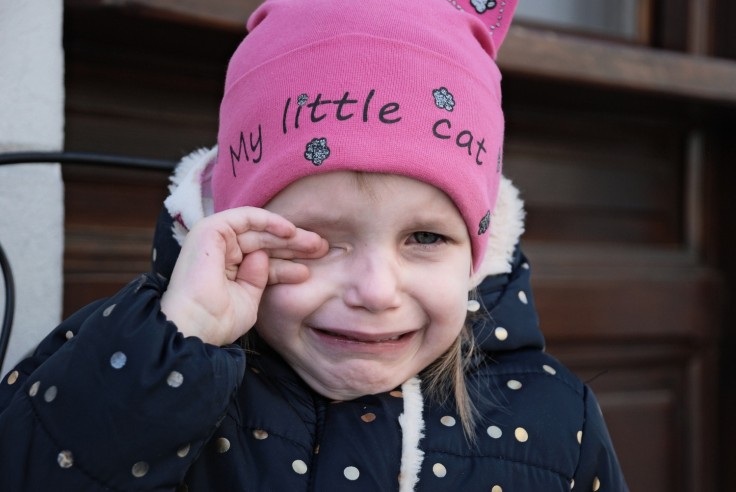
Parents tell children they must say sorry to acknowledge their mistakes whenever they do something wrong and promise not to repeat such things.
However, willingness comes along with being sorry because it means shouldering responsibility, which is important in growing up. According to Psychology Today, those who regret when they know they offended someone with their remarks are mature people, while those who don't say sorry are unsympathetic in coming to terms with others and might seem boastful due to their behavior.
Children often know that saying sorry makes the offended party less mad as their parents teach them.
According to research, "Apologies Repair Children's Trust: The Mediating Role of Emotions," saying sorry is essential to helping the children build a relationship with the person with whom they have committed the wrong action and allows kids to develop, increasing positive emotions.
Another research, "Parent Discipline Practices in an International Sample: Associations With Child Behaviors and Moderation by Perceived Normativeness," suggested that although forcing your child to say sorry is not associated with any mental health issues, this can make them feel bad. It will also prompt them not to take apologizing seriously, especially when parents often threaten their child to say sorry, which is a wrong move.
Sending sincere apologies, on the other hand, entails the physiological effect of lowering blood pressure, especially for those who are prone to hold on to anger, per Greater Good Berkeley Edu.
What is the right age to say sorry?
Research has shown that children as young as four can understand an apology's emotional implications. This only means that apology is seen as something that can improve the feelings of someone who just got upset. Preschoolers, on the other hand, are more cooperative when bidding their sorry as they leave a good impression.
Recent studies determined through tests the impacts of apologies on children. Children were grouped into two, with the first group having children aged four to seven years old and receiving an apology, and the other not getting any. The researchers found out that those participants who received an apology felt better and saw the offending child as someone more remorseful.
Findings in the study stated that an apology led to forgiveness in children. Remarkably, children forgive and view the offending party as someone who is sensitive and can understand what they are feeling.
Making amends establishes broken relationships, can make the victim feel better, and is more effective than a forced apology, per Psychology Today.
Acknowledging a kid's improper action as a wrong one
Parents should inform their children if they did something wrong and label it a wrong act. In doing so, parents are teaching kids that hitting, stealing, and biting are improper and should not be repeated the next time. If such behavior is ignored, you are only reinforcing to your child that bad behavior does not have any negative consequences, making them think it's okay to do it again, per Very Well Family.
Related Article : 5 Reasons Why Apologizing To Your Kids is Important